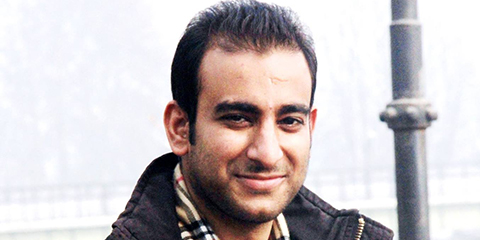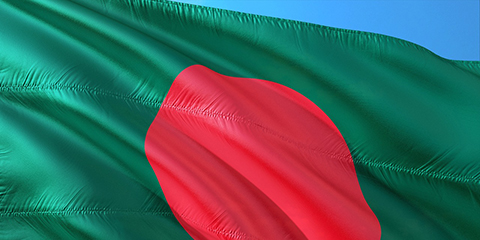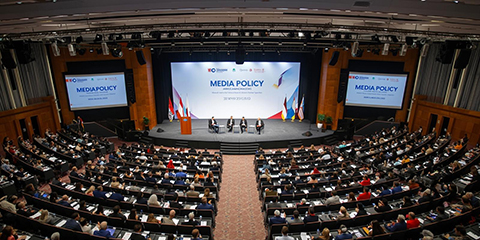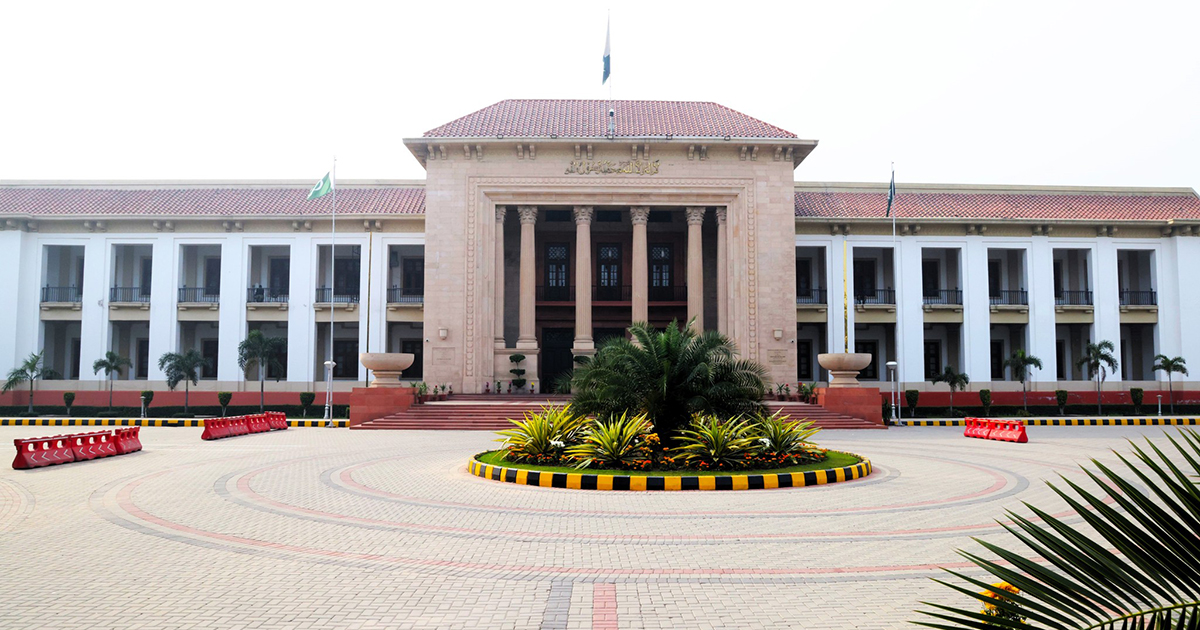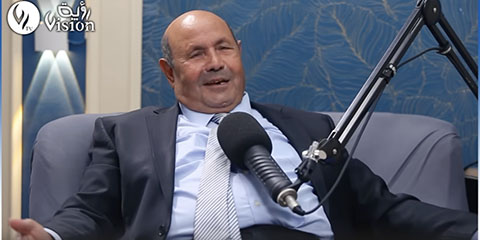Global media giants thrive in Asia's dynamic market
JournalismPakistan.com | Published last year | Sarah Johnson
Join our WhatsApp channel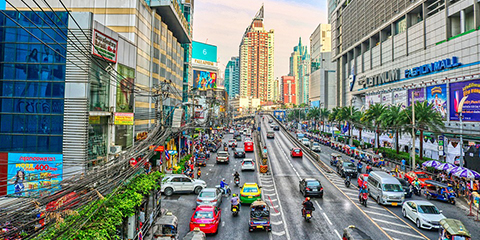
BANGKOK-The major international media networks are expanding in Asia, completely changing the face of global media. It is driven strategically by the growing Asian middle class, increasing penetration of the Internet, and a burgeoning demand for a wider assortment of diverse content.
One of the biggest triggers to this growth is the rapidly growing Asian middle class. More disposable income implies increased demand for standard forms of entertainment. Additionally, internet penetration has risen to the sky, and more people now have access to digital content. A recently released report indicates that in the past 10 years, over 50 percent of global internet user growth originated from Asia.
Opportunities
Asia serves the market of unlimited opportunities for media companies internationally, with vast potential. With its diverse cultures and a wide array of different languages across the continent, there is virtually an opportunity for any creation and distribution in content. From movies to television series, and not forgetting even news and sports, the potentials are there. Besides, collaboration locally and partnerships between local Asian media companies could provide better entrance into this dynamic market.
Challenges
Huge opportunities are surfacing, but one should never err in assuming that entering the Asian market for media is a bed of roses. The key obstacles can be understood as the following: regulatory hurdles, cultural differences, and intense competition from established local media players. Each country in Asia has its own set of media regulations, which can be so complex that companies have to spend a considerable amount of time just understanding and being compliant.
Case Studies
To be sure, there are many international media networks that have arrived in Asia and are making huge headways. For example, Netflix has already gained a significant market share by providing localized content, such as the very popular series from South Korea called 'Kingdom'. Disney, on the other hand, after launching its streaming service, Disney+, has also been launched in multiple Asian countries with a combination of global and locally-produced content.
Future Outlook
The future of international media in Asia is bright. With rapid technological developments and the ever-increasing appetite for diverse content, the region stands on the threshold of becoming a meaningful center for global media networks. The landscape of entertainment in Asia will further intensify as more and more investment pours into local content production and strategic partnerships.
In sum, the spread of international media networks into Asia is a portent of new growth that the global media has in store. Challenging though it may be to surmount, in many ways, it carries an equal and opposing magnitude of opportunity for expansion and innovation. If the region progresses in its economy and technology, it will likely make a difference in the future of global entertainment.
About the author: Sarah Johnson reports on trends in international business and media and is known for her deep analytic skills and engrossing writing.





